As with many of the more popular procedures in plastic surgery, abdominoplasty – commonly referred to as a tummy tuck – is shrouded in a number of misconceptions. One is innocently enough assumed due to the name “tummy tuck”: many believe that the procedure is a way to significantly reduce fat in the midsection. While liposuction may be utilized within a tummy tuck procedure, fat removal is an ancillary procedure unrelated to the focus of a tummy tuck: repairing stretched abdominal muscles.
Almost exclusively a product of pregnancy, the female abdominal muscles stretch to make room for a growing child. Once the child has been born, the female body reverts to its former self, but not always as it once was. Like a rubber band that is significantly stretched when it is returned to its former size, some of the elasticity is gone. Over the course of multiple pregnancies, it’s very likely that the abdominal muscles have lost significant elasticity and are now “loose.” Not only are the muscles loose, but oftentimes the skin on top is also loose – even in very thin patients.
To address this issue, surgeons utilize abdominoplasty, or a tummy tuck. The muscles are surgically stitched back together, repairing the loss of elasticity born of childbearing. Because loose skin usually needs to be addressed as well, a tummy tuck involves removing the excess to “retighten” the whole midsection. As noted above, mildly overweight patients, or patients with contour irregularities, may also benefit from liposuction at the time of the operation.
In essence, a tummy tuck involves tightening abdominal muscles and the skin that sits above them. Due to this, recovery from a tummy tuck is a bit more significant than other plastic surgery procedures. Anytime muscles are addressed surgically, generally patients can assume that they will be more sore and have a longer recovery. With the addition of surgical skin tightening, patients can expect to be stiff and laid up for a few days. An extra addition of liposuction may increase recovery and soreness.
Tummy tucks offer some of the most inspirational changes to patients who have struggled with a problem that is truly out of their hands. Even the most athletic and healthy woman will be unable to fix those muscles through cardio, crunches, and diet. And while patients report back that they are off-the-charts pleased with their decision, they are ready to return to exercise and work as soon as they can. Board certified plastic surgeon Dr. Brian Brzowski of Ogden, Utah answers a popular tummy tuck question: “When can I return to work following a tummy tuck?”

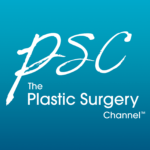
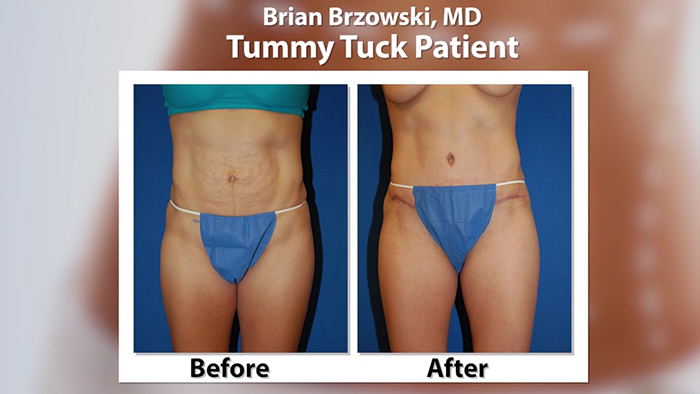

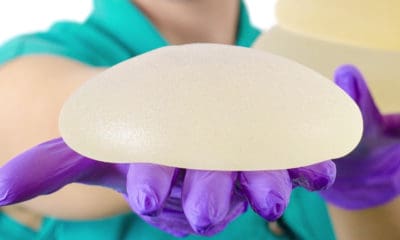
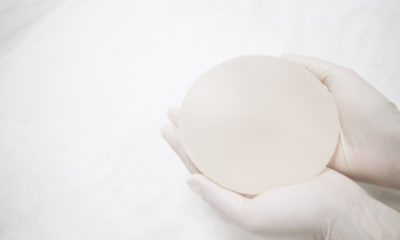


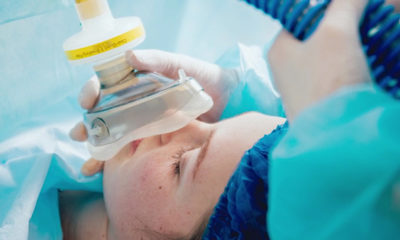







Facebook
Twitter
Instagram
YouTube
RSS